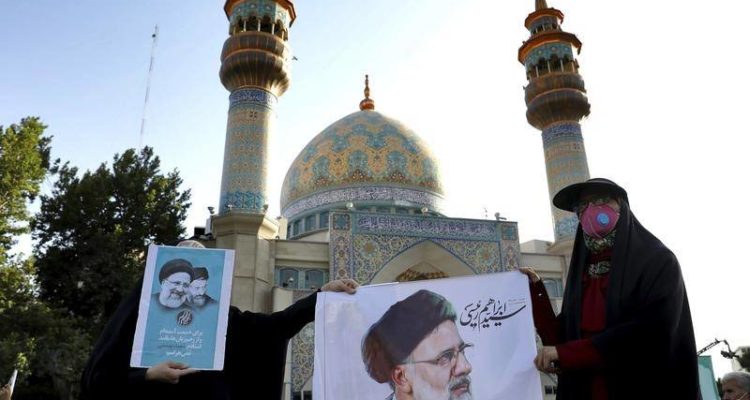Iran’s tattered nuclear deal with world powers hangs in the balance as the country prepares to vote for a new president, and diplomats press on with efforts to get the US and Tehran to re-enter the accord.
The deal represents the signature accomplishment of the relatively moderate President Hassan Rouhani’s eight years in office; suspending crushing sanctions in exchange for the strict monitoring and limiting of Iran’s uranium stockpile.
The deal’s collapse with then US president Donald Trump’s decision to unilaterally withdraw from the agreement in 2018 spiralled into a series of attacks and confrontations across the wider Middle East.
It also prompted Tehran to enrich uranium to its highest purity levels so far, although still shy of weapons-grade levels.
With analysts and polling suggesting that a hardline candidate already targeted by US sanctions will win Friday’s vote, a return to the deal may be possible but it is not likely to lead to a warmer relationship between Iran and the West.
“It’s certainly not as complex as drafting a deal from scratch, which is what the sides did that resulted in the 2015 deal,” said Henry Rome, a senior analyst focusing on Iran at the Eurasia Group.
“There’s a lot of domestic politics that go into this and an interest from hard-liners, including the supreme leader, to ensure that their favoured candidate wins without any significant disruptions to that process.”
Read the article by Jon Gambrell in The Canberra Times.

